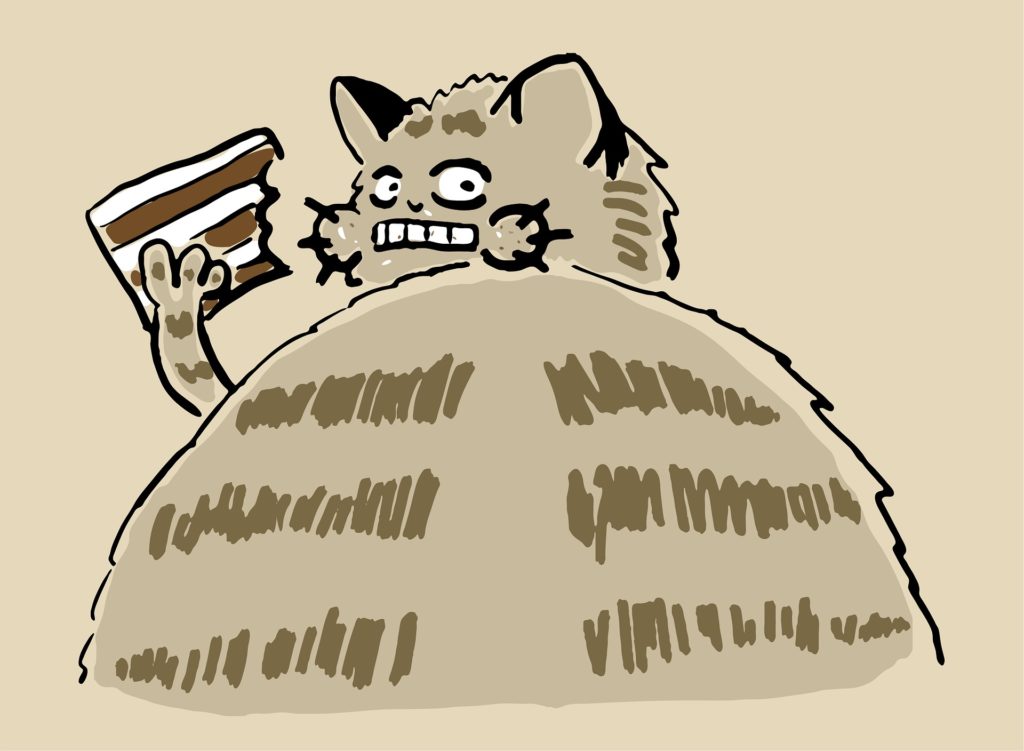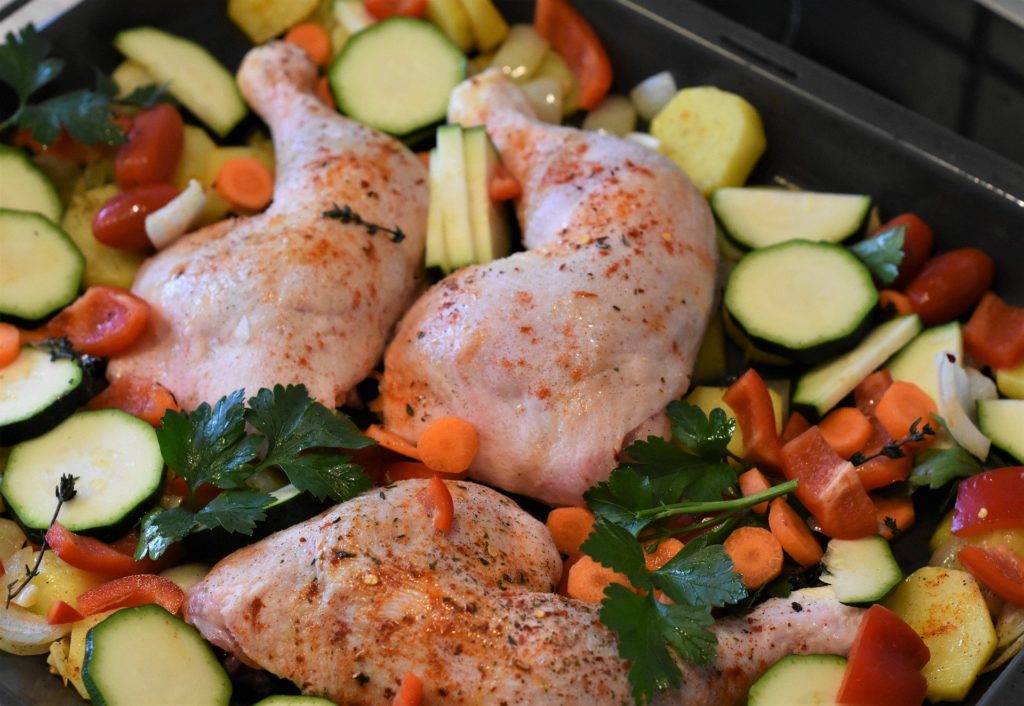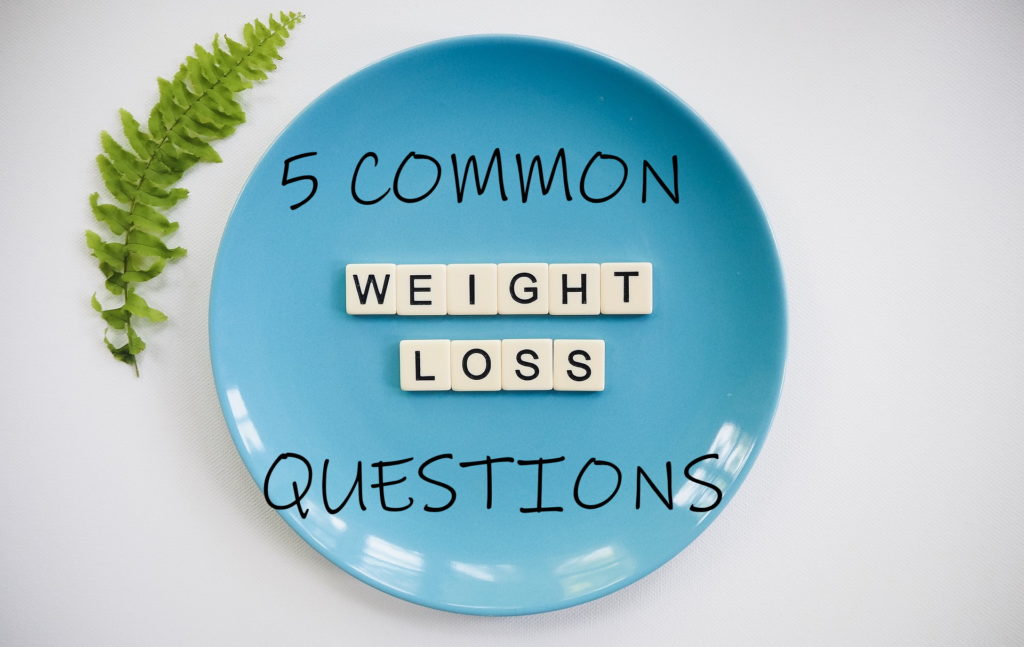Here are 5 common weight loss questions to helps you lose weight and keep a nice shape for good. In addition, I wrote another article of the same type which could help you. It’s 5 weight loss confusions.
Question 1 – Are there people who never lose weight when they train?

Let’s start this list of common weight loss questions with this one. It sounds simple, but the first reason people have the curse of not losing weight is that they eat too much. Researches show that the majority of people have a poor estimate of calories. So, they eat more calories than they think. Click here for the study
There is also another thing. The truth is that food manufacturers can under-report calories by 20% and pass FDA testing. You can imagine how unscrupulous they use it. Do you think your low-calorie cookies are low in calories like they said? Click here for the study.
Many people start cooking their meals for the day at home when they know the FDA-approved 20% of calories. The problem is that many people don’t measure ingredients well.
For example, your meal is oatmeal, peanut butter, blueberries, and yogurt. You measure a cup of oatmeal, a tablespoon of peanut butter, half a cup of blueberries and half a cup of yogurt. The truth is that you’re eating a few hundred calories more than you think.
Break it down:
- You take a cup of oatmeal, it’s 100 grams, then 379 calories. On the label of the oatmeal box, a “normal” cup weighs 81 grams, then 307 calories. When you do the math, you eat 72 calories more than you think.
- Another case, peanut butter. You use a tablespoon, that’s 21 grams and then 123 calories. On your diet app on your smartphone, a “normal” tablespoon represents 16 grams, then 94 calories. After calculation, you eat 29 more calories.
Question 2 – Is eating little food the best advice for losing weight
You hear or read the thesis that eating several small meals during the day helps you lose weight. The fact is that when you eat, your metabolic rate goes up because your body is digesting food. This means that your metabolism has a high rate all day since you eat every few hours.
Here is a nice study with two groups. One ate three meals a day and another ate three meals and three snacks a day. After eight weeks with the same calorie deficit, there is no difference in losing muscle, fat or weight. Read the study here.
This research focuses on energy expenditure in 24 hours. The result is that there are no different effects on eating habits. Go to the study here.
A study made by the French National Institute of Health and Medical Research shows that there is no difference between gnawing and gobbling. This research compares metabolic effects when people eat 1 to 17 meals a day. Check the study here.
Let’s see the part on appetite control.
This research from the University of Kansas focuses on hormones and satiety. It shows the effects of the number of meals per day and the amount of protein consumed on appetite. The study is here.
The University of Missouri has conducted research showing something interesting. After 12 weeks of dieting to lose weight, adding the amount of protein helps to better control the appetite. But the number of meals per day (three or six meals) has no effect. Read the study here.
On the other hand, some scientists show that it’s possible to have less appetite with only three meals a day. And adding the number of meals increases the feeling of satiety and facilitates the continuation of their diet. Go to the study.
The conclusion of all of these scientific studies is to use the diet that works best for you. Whether it’s eating two or six meals a day, the most important thing is to stick to the diet and reach your goal.
Question 3 – Is it crucial to do exercises to lose weight?

When you eat small meals during the day, it’s possible to create a calorie deficit without a workout program. You can lose a lot of weight but that way you will also lose muscle. Read study details.
Weight loss is good, but if you lose your strength, it’s not. The great method for exercising when you have a calorie deficit is resistance training, which is a form of exercise that improves muscle strength and endurance.
Question 4 – Is it possible to drink and eat anything you want to cheat meals?
“Cheat meal” is a term used in many schemes. That means it’s a meal where you can eat more to meet your cravings. It also reduces your psychological stress because you control yourself.
Unfortunately, many people find it difficult to manage “cheat meals”. It’s because they do it too often during the week, check the long term for a second. When you eat a little too much a few days a month, your results will not decrease. But if you eat too many times a week, your results will be bad and will prevent you from losing weight.
Some people have a “cheat day” and that is a mistake. If you eat everything you see for a day, you can add thousands of unnecessary calories. It can wipe out your weight loss progress from the whole last week.
There is a special bad cheat meal, the high-fat meal. This study, Fat, and carbohydrate overfeeding in humans: different effects on energy storage, shows that a high-fat meal makes you gain more fat than a high-carbohydrate.
Question 5 – Do calories in and calories out science work?

It is one of those common weight loss questions that has confused people. Because you can hear different things like:
“Calorie counting doesn’t work,” the overweight MD says in his latest bestselling book.
“It’s a relic of our ignorant dietary past,” the pretty woman who has been skinny her entire life tells Oprah.
“It’s time we moved on and realized dieting is all about food quality, not calories,” the former triathlete turned guru says on his blockbuster blog.
It’s crazy because to have your body functional, how much you eat is essential, not what you eat. There are several examples like:
Mark Haub, Kansas State University, lost 27 pounds in 10 weeks. He ate Oreos, Doritos, Hostess cupcakes and whey protein. Read the article here.
Kai Sedgwich, a fitness enthusiast, had an excellent shape in one month. He ate McDonald’s every day and did his workout routine. Go to the article here.
Let’s be clear, I don’t like Mark and Kai’s methods. I’m not telling you to use them, but their methods show that you can lose fat and gain muscle when you eat a lot of junk food.
All these examples are there to explain to you that the principle of weight gain and loss is the energy balance. Energy intake is the calories you have eaten and energy output is the calories you have burned. The result of both is your energy balance.
Foods have different amounts of calories. For instance, nuts have 6.5 calories per gram and celery has 0.15 calories per gram.
When you calculate the calories that you eat in a day and you change the total amounts, you can see three effects:
- You eat fewer calories than you burn and you lose weight.
- You eat the same amount of calories as you burn and the result is that you maintain your weight.
- You eat more calories than you burn and the result is that you gain weight.
You need to have a regular amount of energy to live, that’s why your body uses the first law of thermodynamics. Here is what the law says, a system cannot create or destroy energy, it can only change the form of energy. This law works for any physical energy system and also for human metabolism.
When you eat food:
- Your muscles use a part of this energy as mechanical energy (movement).
- Your digestive system uses another part of this energy for chemical energy (body fat).
- Your organs use a portion of this energy for thermal energy (heat).
This evidence shows how the calories you eat and burn change your body weight. You must so regulate your intake to reach your goal.
Now you have the answers to these 5 common weight loss questions, I wish you to reach your goal.
Share this article if you think it can help someone you know. Thank you.
-Steph
